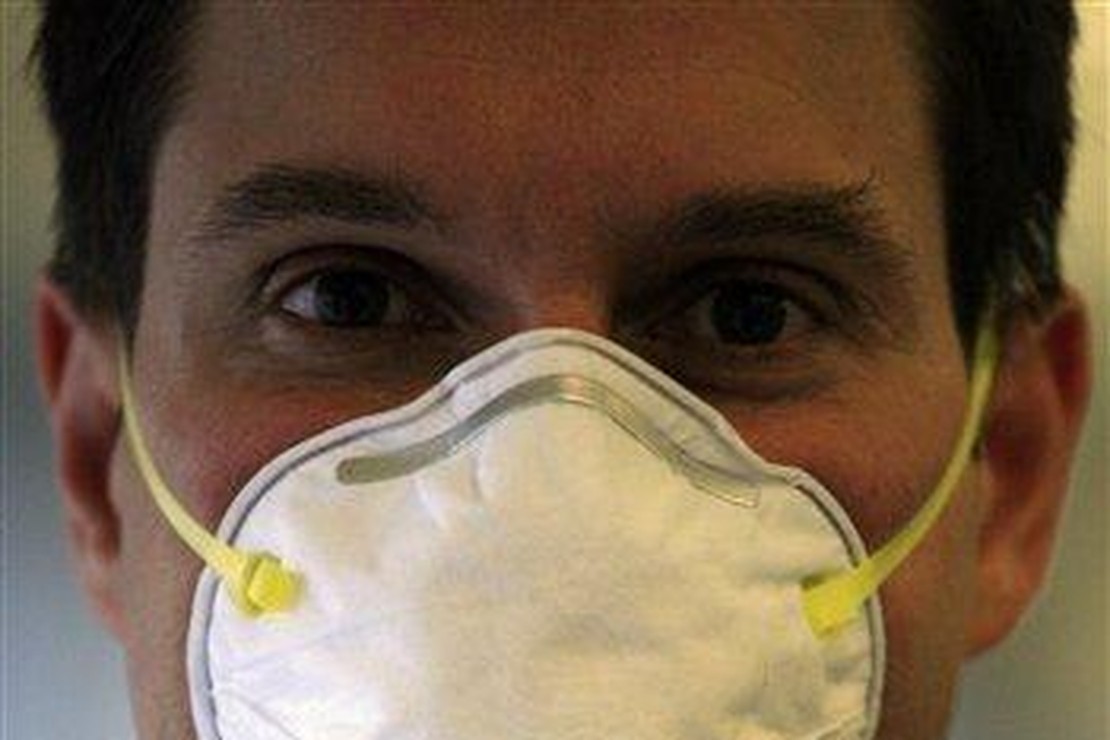Since the start of the pandemic, we’ve been told not to wear masks, to wear masks, to double mask, etc. Now, as omicron is spreading faster than any past variant, the CDC is reportedly considering recommending medical-grade KN95 or N95 masks.
“The agency is currently actively looking to update its recommendations for KN95 and N95 in light of omicron,” a CDC official told the Washington Post. “We know these masks provide better filtration.”
KN95 and N95 masks are better than the typical store-bought cloth masks and surgical masks. According to the CDC, N95 respirator masks, if worn correctly, filter “at least 95% of airborne particles but is not resistant to oil-based particles.” However, last summer, researchers from the University of Waterloo in Canada determined that KN95 and N95 masks filter over 50% of exhaled aerosols, while most cloth masks only filter about 10%.
So, why weren’t they recommended at the start? Well, N95 masks were in short supply because the Obama administration failed to keep the Strategic National Stockpile properly stocked after the swine flu pandemic, and those superior masks needed to be kept available for healthcare professionals. But, now there are no shortages. “As of Dec. 29, the United States had 747 million N95 masks in the national stockpile, 59 times pre-pandemic levels,” explains the Washington Post, and many seem to believe that these superior masks will stop or slow the spread of COVID.
“All Americans should have face masks that will keep them safe,” Senator Bernie Sanders (S-Vt.) tweeted Tuesday. “I will be introducing legislation tomorrow for N95 masks to be sent to every household in the country. This will save lives and reduce health care costs.”
Is there anything Sanders doesn’t want to give away for “free?”
The potential CDC recommendation is expected to say that if you “tolerate wearing a KN95 or N95 mask all day, you should.” This, the CDC apparently believes, will slow the spread of the omicron variant.
The fundamental problem with the effectiveness of any mask, even the best ones, is fit. N95 masks “are supposed to be individually fitted and are sometimes hard to wear all day,” notes the Washington Post. So even if you give every American a stash of these masks (which are meant to be single-use) and 100% wear them, they won’t be individually fitted, and thus, will not achieve that 95% filtration.
But won’t it help some? If they’re better than cloth masks, surely they must have a measurable impact on slowing the spread of COVID, right?
Well, to answer that question, we can look to Germany, which has mandated medical-grade masks since January of last year.
Well Germany’s about to set a new high in cases despite The Atlantic praising their universal N95 mask usage and vaccine passports, but I’m sure if we just make school kids wear N95’s we can finally beat this thing pic.twitter.com/T2j05owvf5
— IM (@ianmSC) January 10, 2022
As the above graph shows, new cases of COVID in Germany are now higher than the pre-medical-grade mask mandate peak.
By a lot.
Is there any reason to believe that medical-grade masks will do a better job in the United States? There isn’t. These masks won’t be the silver bullet that ends COVID. They just won’t. Instead of updating mask recommendations, the Biden administration needs to be focusing more on therapeutics.
